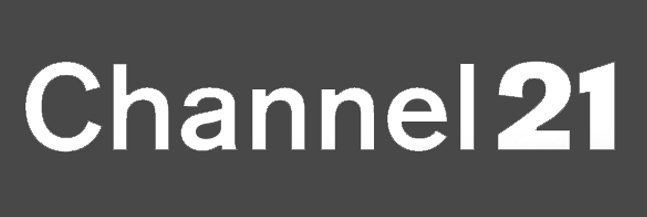The BBC’s hopes of having Project Canvas IPTV set-top boxes in the shops during the first half of 2010 remain realistic, according to the broadcaster’s governing body, despite today ditching its timetable for the approval process due to a lack of information. Jonathan Webdale reports.
The BBC Trust today batted the BBC executive team’s proposal for a “standards-based open environment” for IPTV back across the net.

![]() Having taken on board the views of 60 industry stakeholders plus more than 800 individuals, the BBC’s independent governing body sided with those that complained the plan for Project Canvas was too scant on detail.
Having taken on board the views of 60 industry stakeholders plus more than 800 individuals, the BBC’s independent governing body sided with those that complained the plan for Project Canvas was too scant on detail.
Canvas – an initiative championed by BBC future media and technology director Erik Huggers, with the backing of board members including director-general Mark Thompson – is about bringing broadband on-demand services like iPlayer to TV screens.
The BBC Trust – the body that will decide whether it’s right for the BBC to proceed with developing a framework making this possible – said today that the results of its initial seven-week consultation on the subject had found “widespread support.”
But it demonstrated its independence by agreeing with the likes of BSkyB that Huggers and his team need to come up with a more comprehensive case for Canvas. Specifically, the Trust wants detail on the following points:
- The choice of technical standards.
- The way in which the BBC will work with industry bodies, such as producers’ trade body Pact, the Institute of Practitioners in Advertising and the Open IPTV Forum.
- Control of the electronic programme guide.
- Governance arrangements for the joint venture (BT and ITV have expressed their interest in being involved so far, while Channel 4 and Five are thought to be keen).
- The use of editorial controls.
The fact the Trust has had to ask for more information has meant it’s had to throw out its original timetable, dispensing with July 24 as the date by which it intended to publish its decision.
Speaking on a conference call with journalists this afternoon, BBC Trustee Diane Coyle said that while she wasn’t qualified to comment on what happens beyond the approval process, the executive’s ambition of having Canvas set-top boxes on the market in the first half of next year remained realistic.
“The executive has every incentive to reply as quickly as they can to the questions we’re putting to them, so I don’t imagine it will be an extremely long delay,” she said.
Coyle said the fact that stakeholders had demanded greater detail on the process hadn’t been surprising. “Canvas is a proposal that involves the BBC working with other partners on a standard for the industry and there was bound to be an element of a chicken-and-egg or iteration in this,” she said.
Sky, which along with the likes of All3Media, BSkyB, Ericsson, FremantleMedia, Google, Intel, Sony and Virgin Media, submitted detailed consultation responses, criticised the entire process early on – not only for not giving stakeholders sufficient detail but for not giving them enough time.
Coyle argued that despite the Trust today being forced to ditch its original timetable, the latter claim was not warranted and the delay to the process – which will still require another round of consultation anyway – merely demonstrated that it was “not a token process.”
“We looked at the material we had to start with and took our best view about what the timetable ought to be, and as we have new information we have modified it, and I think that’s a strength,” she said.
Coyle also said there was no difference between the market impact assessment the BBC Trust would be carrying out and that which UK media regulator Ofcom would do, had it been tasked with the job. “It’s the same kind of assessment; it’s the same kind of process,” she said.
Below, Adam Benzine summarises some of the Canvas consultation responses the Trust received. The full 392-page document can be read here.
Google said it “broadly supports the principal aim of establishing a standards-based open environment for internet-connected digital terrestrial and digital satellite television devices,” believing Canvas to be “a positive step in achieving a level playing field for content platforms.”
However, it warns that “openness is the key to innovation,” and stresses that the Project should not violate the principles of Net Neutrality, that users should not be limited in their access to services, and that the Project should not require any commercial agreement with pay platforms, regardless of their delivery method.
Intel
Intel “immediately recognised the strong potential for what Project Canvas would be able to deliver,” and warmly welcomed the initiative, applauding the Project’s partners “for their vision and leadership in accelerating the availability of open internet IP services brought directly to consumer electronics devices.”
The computer chip manufacturer added that the consumer electronics industry “must embrace the internet experience in their products or risk becoming obsolete” and summarised: “Project Canvas is definitely on the right track.”
Sony
Critical of the proposals, Sony said that the wider economy means “the capacity for any manufacturer to divert financial and engineering resources towards delivering a UK bespoke IPTV solution are extremely limited,” adding: “We want to create a ‘Digital Britain,’ not a ‘Technological Island.'”
The company also pointed out that a pan-European IPTV standard developed by the Open IPTV Forum already exists, and that the BBC working on a competing IPTV standard “is in effect beginning a standards war, creating greater confusion in the marketplace.” It also raises an environmental point, asking: “Has any consideration been given to the increased carbon footprint and standby electrical consumption created by consumers having multiple boxes delivering new services, like Freeview HD, under the TV?”
Tiscali
While supportive of the “general aspirations demonstrated by the Project Canvas plan,” broadband company Tiscali is suspicious of the Beeb’s motives, pondering “whether the BBC should have any lead responsibility in this area, as it is in a unique position to exert massive influence to its own advantage.”
The TalkTalk-owned company said “a vast range of issues exist and need to be addressed,” including aspects of planning and participation, technology, implementation and distribution, consumer experience and market competition. “No launch plan should be suggested until every issue and requirement is identified and dealt with,” it added.
Top Up TV
Top Up TV (TUTV), which has developed a number of pay-TV offerings including push VoD services, said Canvas was capable of having “a significant adverse impact” on both its business and the markets in which it operates.
However, subject to a range of “appropriate conditions,” such as ensuring that the Canvas standard did not prevent TUTV from incorporating technology for additional commercial activities such as targeted, the company said it believes that platform operators and other service providers “may be able to co-exist with Canvas” and that such an outcome could be good for all involved.
Virgin Media
Cable provider Virgin Media said it was “broadly supportive of the development of a truly open standard for IPTV,” but had concerns about “the lack of clarity regarding the scope and objectives of Canvas” and “the inconsistent way in which it has been described” by the BBC.
The company set out a list of “minimum conditions necessary” for its support, which included that the standard must be freely available to all market participants and platforms, who in turn must be free to compete with each other in relation to the look, feel and structure of the EPG; that the Canvas brand must be available for use by all market participants; and that there should be no editorial gatekeeper role for the BBC or any other participant in the joint venture.
At present, it concluded, “the adverse market impact of Canvas as currently structured cannot be justified by reference to the limited customer benefits that it might provide.”














































